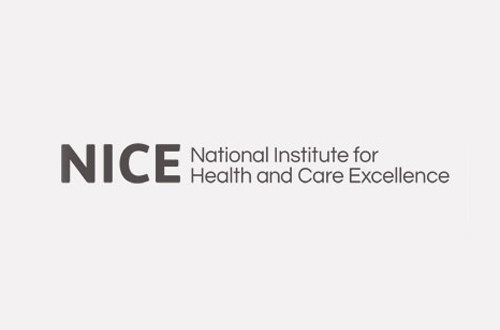
The UK’s National Institute for Health and Care Excellence (NICE) has backed the use of Otsuka’s Abilify in teenagers with bipolar disorder.
The cost-effectiveness watchdog for the NHS in England and Wales released draft guidance recommending Abilify (aripiprazole) for the treatment of moderate to severe manic episodes in adolescents aged 13 and older with bipolar I disorder
This adds to already published NICE clinical guidelines on the overall management of bipolar disorder in adults, children and adolescents, which notes concerns that “the evidence for drug and psychological treatments of bipolar disorder in children and adolescents is … extremely limited”.
Thought it is approved to treat adults, the European Medicines Agency has only licensed Abilify for use in young people aged 15-17 years, but NICE’s overall bipolar guidance references a recommendation from the Royal College of Paediatrics and Child Health that “unlicensed medicines may be prescribed for children and adolescents where there are no suitable alternatives and where the use is justified by a responsible body of professional opinion”.
The latest recommendation from NICE will further boost confidence in the use of antipsychotics in adolescents, and is also good news for Otsuka, which now markets the drug as part of a multibillion dollar central nervous system collaboration with Lundbeck.
This deal was recently extended following the US FDA’s decision to approve of Abilify Maintena an extended release injectable version of the drug for the treatment of schizophrenia.
Professor Carole Longson, director of NICE’s Centre for Health Technology Evaluation, explained the impact of the adolescent manic episode approval in England and Wales.
“Acute manic episodes not only have a huge impact on the young person in terms of school, work and social life, but also on those around them – particularly their family or carers,” she said.
“Because of this it is really important that manic episodes are treated quickly and effectively so that young people and their families can return to normal in terms of schooling, work and family life as quickly as possible.”




